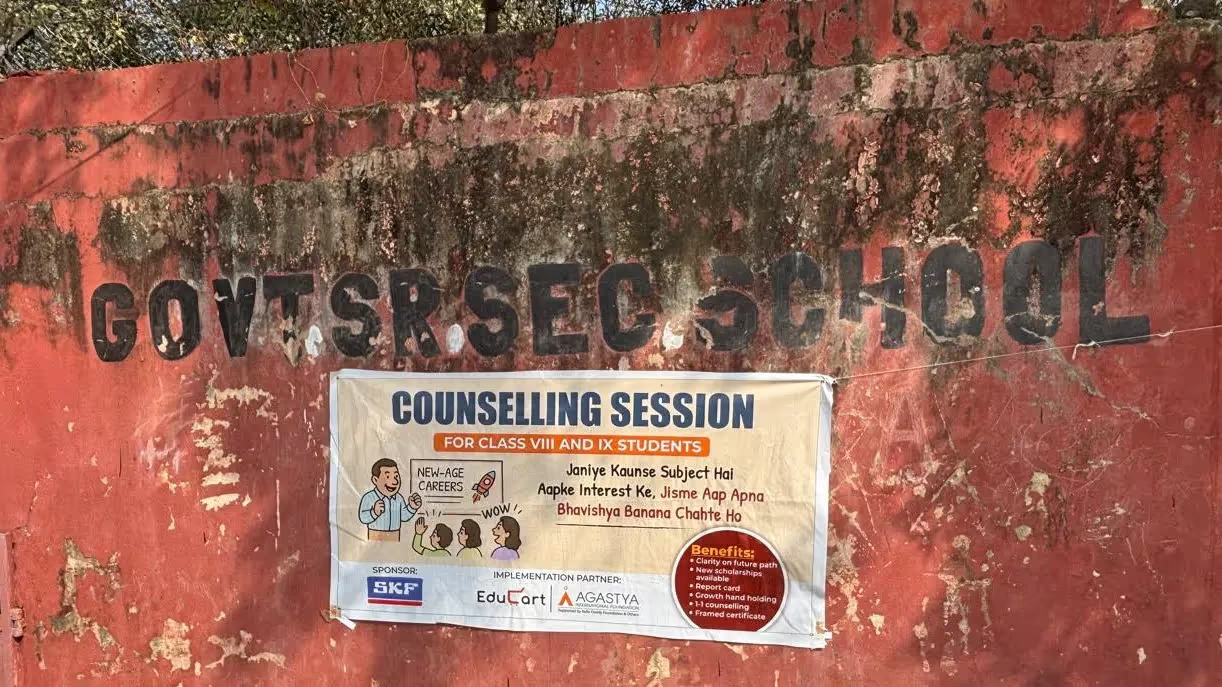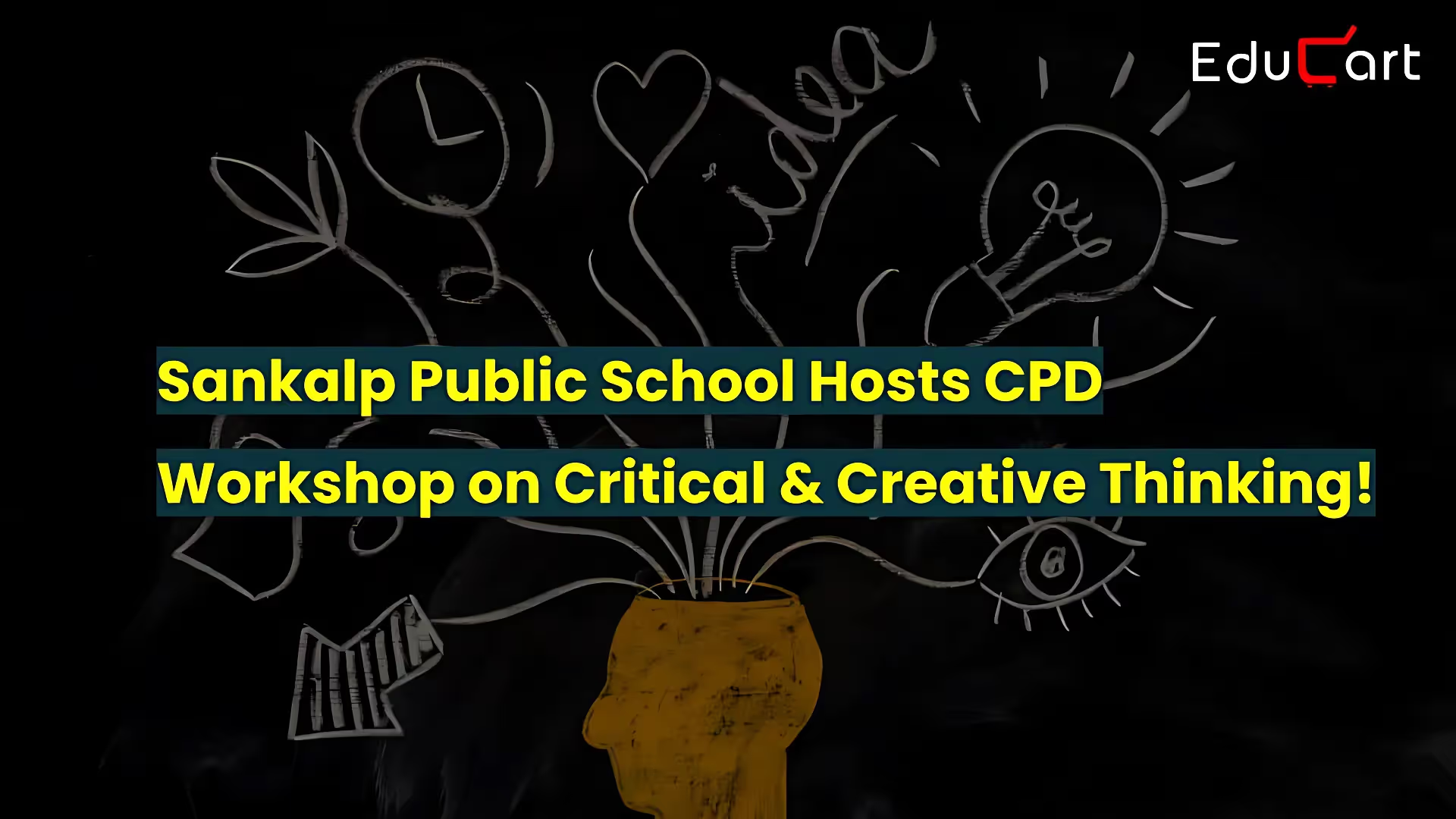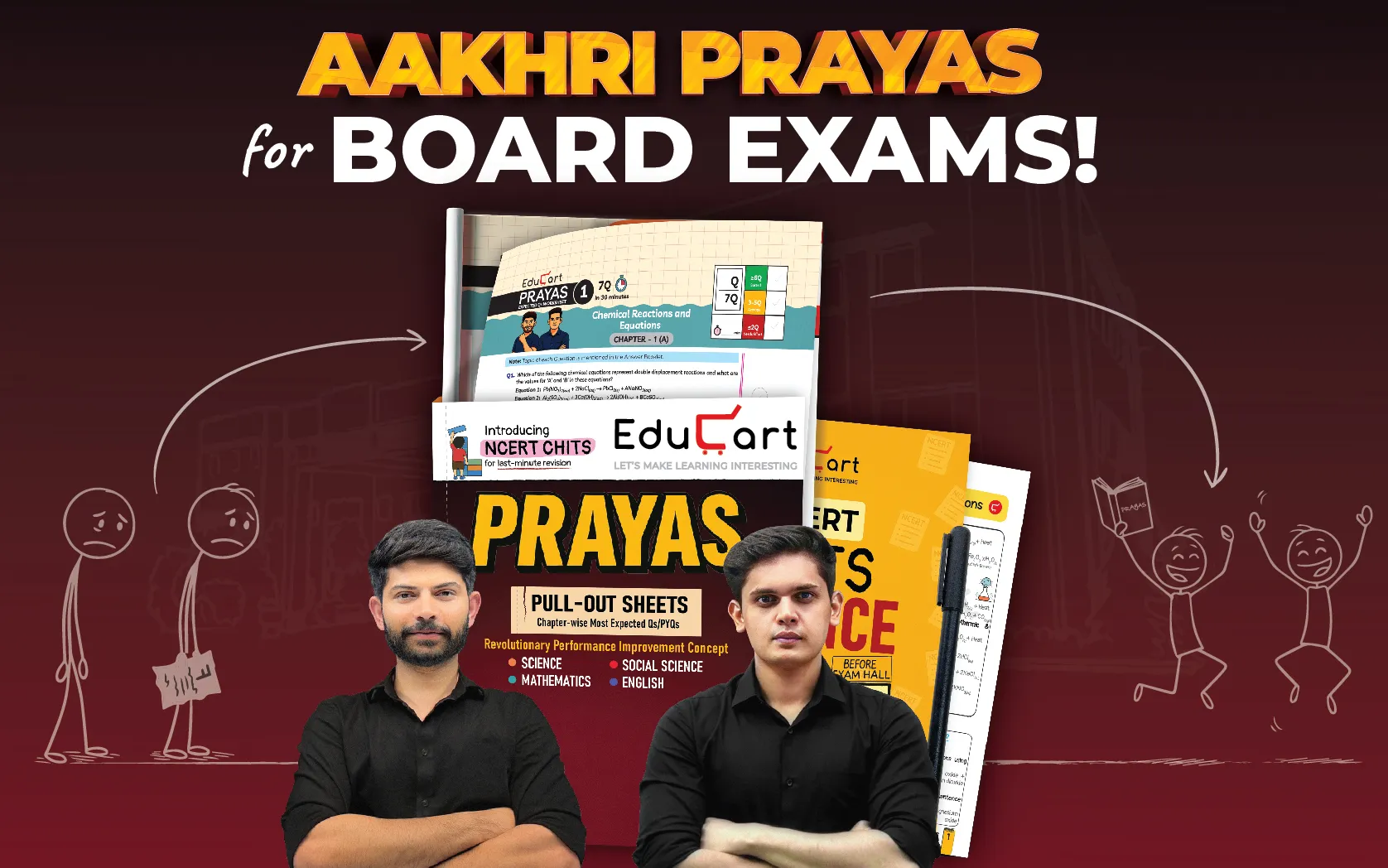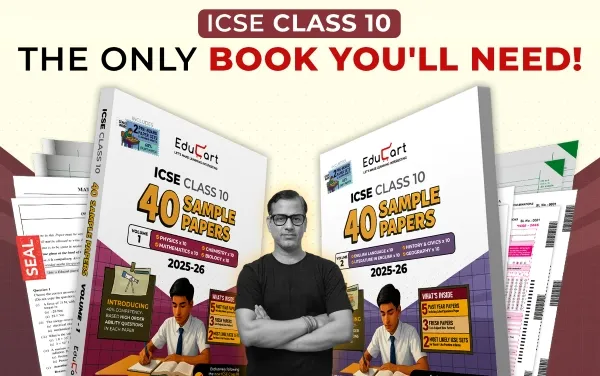<red> July 3rd, 2023 <red>
What makes a Class 10 student do well in boards? What habits of successful students should we absolutely know of?
In Class 10, you come in the socially unavailable/elite group of ‘board exam’ students. Pressure mounts slowly. Priorities change along with parents’ behavior and expectations. Coaching are upgraded to known brands. It’s now all about ‘masti khatam, ab serious ho jao’.

We start noticing how some students are progressing and performing better. Who are these successful students we always try to emulate? Kya khaate hain? Kaise itne marks lee aate hain? Today, I will demystify their traits after a lot of interviews and research with state-level toppers and expert teachers. These points below will help you learn the basics of Class X board preparation that some students get right from the beginning which now you can apply as well.
1. Study 1 topic (not a chapter) of each subject at a time.
It's okay if you haven't started yet, it is never too late. But if you think cramming a Chapter quickly in 1 hour will tick-mark your effort. That’s not ideal.

Instead, create a schedule to allocate time for different subjects and topics you will be studying. It's like dividing your workload into bite-sized portions, making it more manageable and less overwhelming. It will change the whole game, entirely.
2. Don't Try to Multitask. i.e. learn two chapters at the same time.

It’s like juggling too many balls at once. Relatably if you’re a Class 10 student, you may understand smaller topics well but high-scoring, bigger topics/ chapters get compromised in haste.
Usually, because our ed-tech coaching is on a different Chapter than what our school teacher is covering. And the effort to balance both simultaneously creates more confusion rather than solving it. So, don’t mix.
3. Learning velocity should remain consistent till the end of syllabus completion.

When you start the chapters, the enthusiasm is high and so is the learning depth. But as we go along, the grasping power and interest reduce. Make sure you don’t cut corners to complete any chapter/topic and give it enough time to close it off. Right till the end chapter of the syllabus. Inconsistent learning speed is why Kuch chapters are strong and some are weak.
4. Use spiral notebooks and make your own notes during self-study.

No matter how many times you learn a Chapter (school, youtube, coaching, books), every single time you should have your goto subject-wise notebook (spiral wali is better as it is easy to fold) to make notes of all important points, diagrams (with labeling), definitions and events. Self written notes will come most handy in the end during revision. Rambaad advice hai ye!
5. ‘Monday se padunga’ ‘weekend pe complete karunga’ Don't taalofy your backlog.

Ek weekend pe padhne se you won't get 95+. The trick is to consistently dedicate small chunks of time to important chapters and topics. Ye problem even professionals with years of experience face, so chill, you are just a student 😛. Woh kehte hain na: kal kare toh aaj, aaj kare toh ab. Do it now!
6. Search for nuggets of Motivation when things are low

Sometimes parents daat dete hain, friends se argument, poor marks in tests or something that just doesn’t go as expected and it really really puts you down. It’s ok :) Just watch your fav movie scene or a video of someone you follow and value a lot. Find your motivation and get back up. And use it to fuel your studying.
7. Time Management - School, Coaching + Self-study

In class 10, you have to follow a strict(ish) schedule to allocate time for all modes of learning or else, you’ll probably end up wasting time. English Chapters need less time than SST chapters. Maths is maximum practice, Science is maximum thinking. Allocate time to subjects according to the effort they deserve. Don’t treat English like Science or vice-versa.
8. Got one Question wrong? - Go back to NCERT

Every single Q that you cannot answer correctly should result in going back to the NCERT page where the topic is from, to make sure you re-learn that part well. This simple hack takes students a long way in getting good marks. Also, Educart Question Banks are unique in providing those NCERT snippets below the answers as ‘Related theory’ to save you having to refer NCERT.
9. Don’t hoard multiple study resources on each subject.

No one likes a food menu with 200+ options. Similarly, in board exams, the last thing you want is multiple sources of material - 3 different types of notes, watching the same chapter video of multiple educators and books of multiple types (reference books, guide, question bank, solved papers). Successful students stick to 1-2 resources and do them 100%, than a bit of everything.
10. Don’t follow someone else’s study pattern blindly.

There are always peers in our school who seem like they know how to perfectly study for boards. They are organized, well-informed and diligent. Don’t fall prey to following their style to the point that you lost plot of your own. Take inspiration from others but plan your study as per your limitations and learning capability. Very important to chart your own trajectory in board exams.
I hope these points were thoda less obvious and more relatable. The idea is always to help you all to avoid those pitfalls and make the most of your board exam months.
Do apply these habits and discuss them with your parents to see what they think.

.svg)










.avif)









%20(1).avif)





















